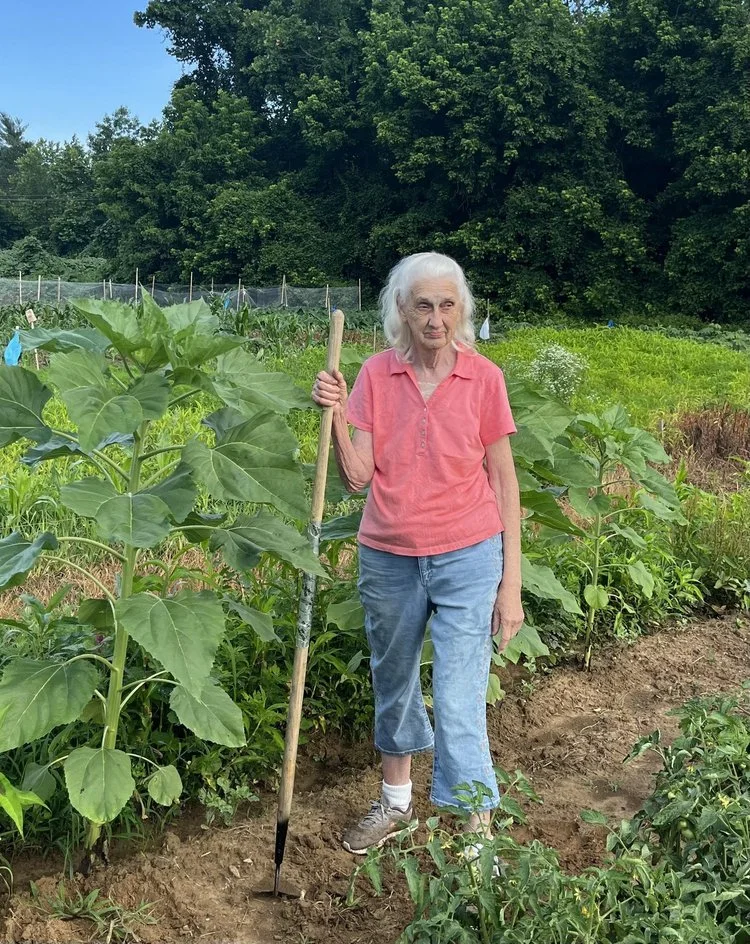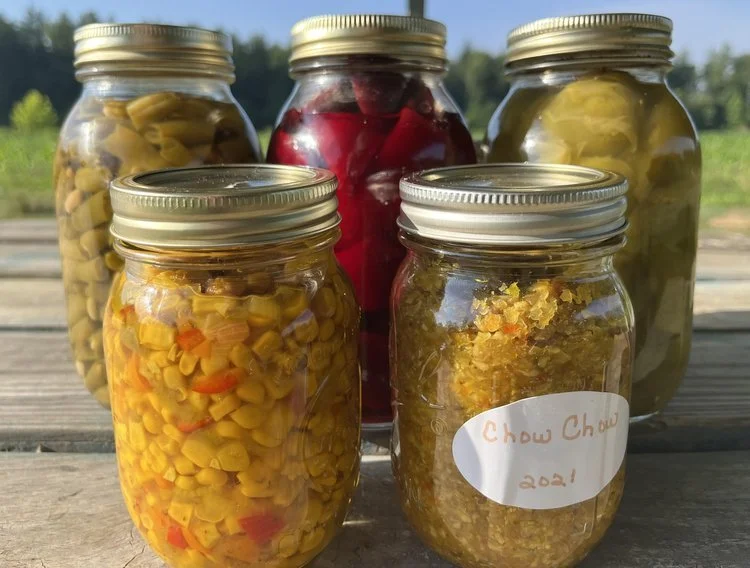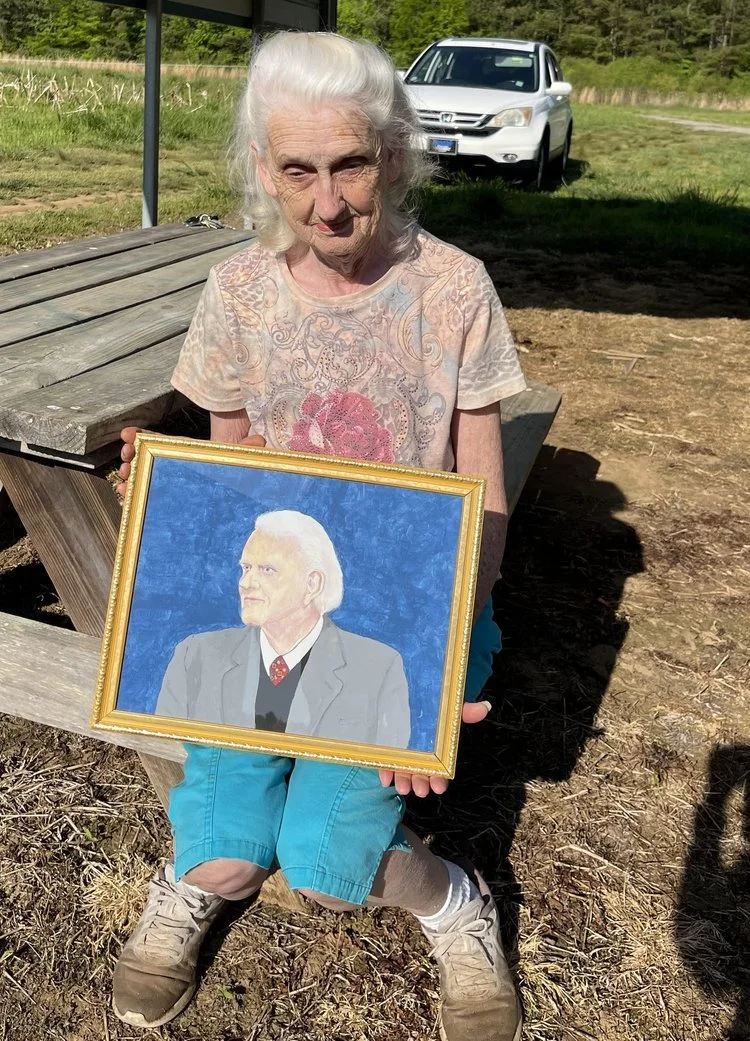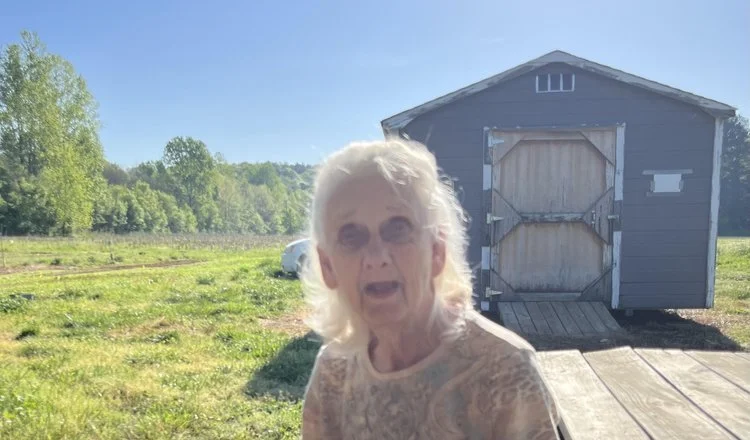European American Experience in Burke County
Overview
The history of European settlement in Burke County, NC is foundational to the formation of the United States. The first recorded attempt to colonize the North American interior occurred in 1567 when a Spanish expedition led by Juan Pardo built Fort San Juan on what had been Joara, a regional chiefdom of Catawba tribes who were members of the South Appalachian Mississippian culture. Members of Pardo’s expedition inhabited Fort San Juan for about 18 months before it was razed by Natives and all Spanish soldiers were killed but one, thus terminating the first attempted European settlement in North America.
Europeans were hesitant to face the harsh conditions of the area again until the 1700’s when Scots-Irish, French, and German farmers started to occupy Indigenous lands under French and British colonization efforts. With the eventual success of the British colonies and the addition of growing numbers of European settlers to the local ecosystem, Indigenous people fell victim to unfamiliar diseases, food shortages, and eventually to governmental displacement and removal.
As Europeans rose to dominance and forged a new country, North Carolina became 12th of the original 13 United States of America (1789) and Burke County was officially established (1877). As of July, 2021, U. S. Census Quick Facts indicate that 86.1% of Burke County’s population identify as White alone, with 81.4% of that group further identifying as White alone non-Hispanic.
European American Culture | As seen Through…Ocie Childers and told to Deb Rose
My name is Ocie Childers. I was born in Catawba County in 1943, but I have lived in Burke County since I was just a few weeks old. It’s hard for me to trace my family’s roots because the records at the Morganton Courthouse were burned many years ago. My understanding, though, is that three Childers brothers (my dad and his two siblings) settled together in Burke County, but I don’t know where they moved from or what year they got here. My mom’s family was from the Lincolnton/Shelby area. Her family moved around a lot so her mom could find work in cotton mills. When she and dad got married, they decided to stay in Burke County.
My family lived in a home we rented from Duke Power, which, ironically, did not have any electricity. Or running water. The gaps in the wood floors were wide enough to look through. When I was little, I used to sit on the floor by our wood stove and watch a hen play with her chicks beneath the house. The house was way out in the country where the buses didn’t run back then, so I didn’t start school until I was eight years old. My dad had to petition the school board to get them to send a bus to where we lived to pick me up. Otherwise, I would have to walk many miles just to meet the bus. My family was not the wealthiest in the world, and when I reached the eighth grade at Icard Elementary, I was old enough to quit school. The situation at home was such that my mom and dad needed help. I decided that my responsibility was to quit school and go to work and try to help my family. And that’s what I did.
At first, I babysat for people in the neighborhood because that was all I was qualified to do, but then I realized I wasn’t going to make my fortune that way and began to look for work in the hosiery mills, which there was plenty of in Burke and surrounding counties back in that time. I worked in those mills for many years, but when my parents grew older and became sick, I became a CNA and cared for them until their deaths.
Being poor like we were, I did feel a lot of people looked down on us. This included teachers at my school as well as other students. If you don't have clothes like everybody else, you are treated different, even by the kids that are your age. They treat you differently and talk about you and that kind of puts a notion in the back of your mind that you're not as good as everybody else. Well, when I was young and being judged for being poor and not having the “right” clothes or the “right” house, it was hurtful. But when I was older and I got to thinking about it, I thought, well, that experience actually has made me a stronger person. If somebody puts you down, you’re “going to climb that mountain.” You learn to say, “Well, I'm a human being and I’m as good as the next one. And it's on them if they want to make fun of me and try to bring me down.”
These days I am technically “retired” but I stay very busy. I grow most of the vegetables I eat, and I can lots of the food I grow. I make my own jellies, jams and chow chow. Plus, I like to do needlework and make quilts. On the weekends, I sell my items from a booth at an indoor flea market in Valdese. It’s true that I enjoy staying busy, but much of what I do is from necessity. I live on a fixed income and need that extra money to help pay my rent and bills.
One thing that I feel very strongly about in society today is the increasing cost of housing and that there's not enough housing for low income people. The thing is folks may refer to it as low income housing, but it's still out of lots of people’s price range, especially those of us on social security. I didn’t graduate from high school and never had high paying jobs to pay into social security and there are a lot of other folks who are in similar situations. The sad truth is we just cannot afford the rent in Burke County anymore. In addition, since the pandemic folks are going up on the price of everything. In my opinion, that is just because other people are doing the same and not because they have to.
One challenge in my life was that because of my education, I wasn't able to get a good job, a high paying job or anything like that. I had to take the menial, low paying job. However, the one thing that I am most proud of is that I was able to become a CNA and take care of my mom and dad at home until they passed away. I had promised them I would not put them in a nursing home and that was one thing I managed to do.
Ocie Childers at work in the garden plot which she leases each year at Morganton’s Community Gardens.
A few of Ocie’s canned foods: Chow chow, pickled corn, green beans, beets and bread and butter pickles.
Ocie Childers with one of her paintings.
Ocie Childers at Morganton Community Gardens, Summer 2022.




